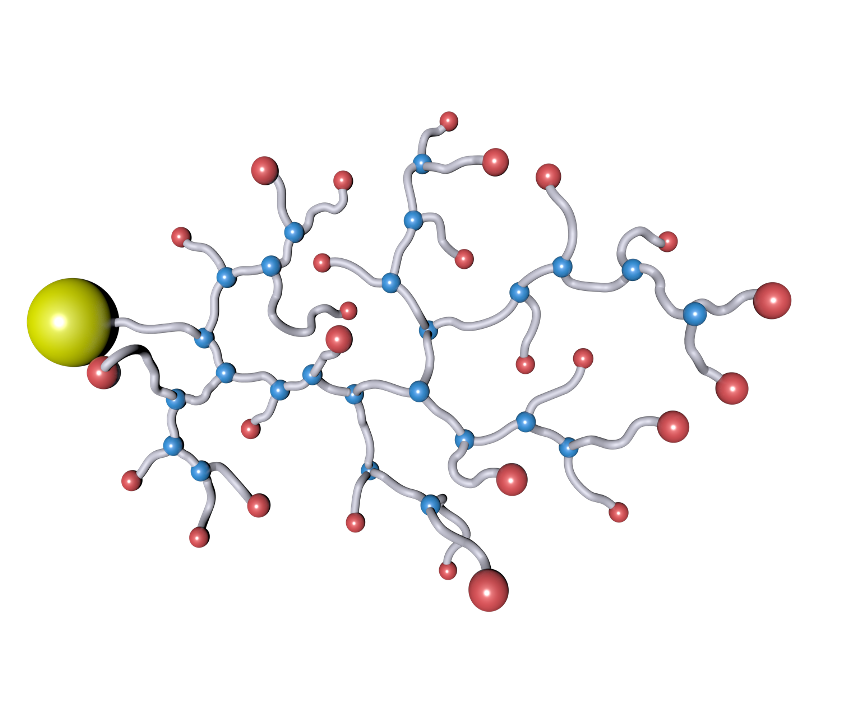High-Performance Polymers: Advanced Products for Sector
High-Performance Polymers: Advanced Products for Sector
Blog Article
Exploring the Varied Applications and Benefits of Polymers in Different Industries
Polymers, with their varied range of properties and capabilities, have become essential in different markets, each enjoying distinct benefits from their application. Polymers. From enhancing safety and performance in the automotive sector to revolutionizing medical tools in the medical care sector, polymers play an essential function. Their environmentally friendly nature is altering the landscape of sustainability techniques. As we dive into the depths of polymers in electronic devices, we reveal innovative innovations, while their architectural integrity transforms the realm of building and construction and framework. The prevalent influence of polymers across markets is a testimony to their convenience and versatility, shaping the future of countless markets.
Automotive Sector Applications
Polymers play a critical duty in enhancing the efficiency and resilience of numerous components within the auto industry. One noticeable use of polymers in the vehicle industry is in the manufacturing of lightweight components.

Health Care Sector Advantages
In various healthcare applications, the advantages of using polymers are commonly acknowledged for their varied array of beneficial residential properties. Polymers play a crucial role in the healthcare industry due to their versatility, biocompatibility, and cost-effectiveness. One of the primary advantages of polymers in healthcare is their capability to be customized to details needs, such as flexibility, longevity, and biodegradability, making them perfect for a large range of clinical applications.
Polymer-based materials are extensively made use of in clinical tools, such as catheters, implants, prosthetics, and medicine delivery systems, due to their biocompatibility and ability to mimic all-natural cells. These products can lower the threat of allergies or beings rejected, boosting individual safety and outcomes. Furthermore, polymers are lightweight, making them suitable for wearable clinical tools and guaranteeing individual comfort.
In addition, polymers enable the advancement of innovative therapy techniques, such as hydrogels for tissue engineering and nanocomposites for targeted drug distribution. Their simplicity of processing and sanitation makes them important for preserving high standards of health in healthcare setups. Overall, the diverse advantages of polymers contribute significantly to improvements in clinical innovation and person care.
Ecological Benefits of Polymers

Furthermore, polymers can add to power savings because of their light-weight nature. In sectors such as transport, light-weight polymer that site materials can assist lower fuel consumption and greenhouse gas emissions. Furthermore, polymers can make it possible for the development of energy-efficient products such as insulation materials that boost energy conservation in structures.
Moreover, polymers play an important duty in decreasing water contamination. For instance, the usage of polymer-based purification systems can effectively eliminate toxins Get More Info and impurities from wastewater, protecting water sources and environments. Overall, the ecological advantages of polymers make them valuable assets in promoting sustainability and green techniques throughout various industries.
Polymers in Electronics and Innovation
Taking into consideration the increasing demand for ingenious and lasting services in contemporary markets, the assimilation of sophisticated polymer innovations in the world of electronics and modern technology has actually become a crucial method for driving efficiency and efficiency. Polymers have changed the electronic devices industry by making it possible for the production of lighter, a lot more versatile, and sturdy digital tools. From mobile phones to clinical gadgets, polymers play a vital role in boosting product style and functionality.
One considerable benefit of polymers in electronics is their shielding buildings, which assist shield delicate digital parts from environmental variables and electrical interference. In addition, polymers are vital view it now in the development of flexible display screens, wearable technology, and published electronic devices, offering limitless opportunities for creating wise and interconnected tools.
Furthermore, making use of polymers in digital product packaging has resulted in innovations in miniaturization and thermal management, enhancing the total efficiency and reliability of electronic systems. As modern technology remains to progress, the flexibility and versatility of polymers will certainly drive better development in the electronic devices industry, forming the future of innovation.
Role of Polymers in Building And Construction and Facilities
The assimilation of innovative polymer materials in construction and facilities projects has revolutionized the way structures are created and built in contemporary times. Polymers use numerous advantages in the construction sector as a result of their convenience, longevity, and cost-effectiveness. One key function of polymers in construction is their use in finishes and sealers, giving defense versus ecological variables such as dampness, UV radiation, and deterioration. In addition, polymers are made use of in the manufacturing of light-weight and high-strength composite materials, improving the structural integrity of buildings while reducing overall weight.
Furthermore, polymers play an important role in sustainable construction methods by enabling the advancement of energy-efficient structures. Insulating products made from polymers assist regulate interior temperatures, lowering the need for home heating and cooling systems and eventually lowering energy intake. Moreover, using polymer-based compounds in infrastructure jobs such as bridges and roadways enhances their durability and reduces maintenance prices. On the whole, the incorporation of polymers in building and construction and infrastructure showcases their substantial impact on contemporary design practices.
Conclusion
Finally, polymers play an essential function in numerous markets such as vehicle, medical care, environmental, electronic devices, and building and construction. Their versatile properties make them important in producing cutting-edge solutions and items. From improving gas performance in lorries to boosting clinical tools, polymers supply countless benefits. Furthermore, their effect on minimizing waste and promoting sustainability highlights their significance in contemporary applications. The widespread use of polymers demonstrates their significant payment to progressing innovation and enhancing lifestyle.
Report this page